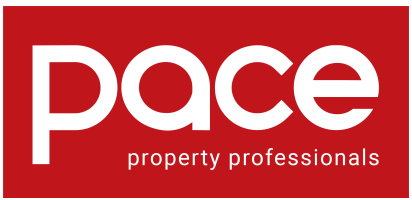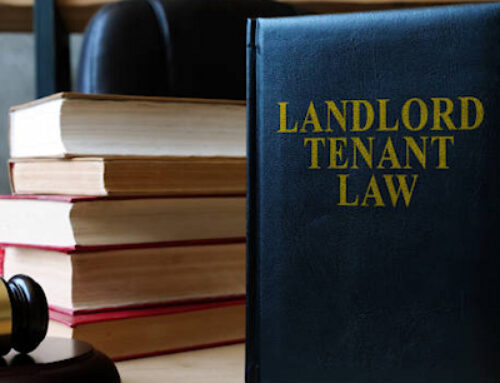How to make money from HMOs – A landlord’s guide

It’s easy to understand the more tenants you have, the more income you receive. Also, if you choose to buy a large property from the outset and keep it well- maintained, the higher the potential value should you decide to sell it at a later date.
The hard part is making a decision about where you’re going to buy your potential property, what type of building can be converted (there are numerous local authority restrictions surrounding HMOs, particularly with regards to Health and Safety) and who you want to have as tenants.
Landlords also need to remember to obtain the necessary permits and also consider the best means of marketing your rooms. Here are some points to consider before you jump in;
- Licensing. If your HMO will house five individuals or more and your building is at least three storeys high, you must have an HMO licence from the local authority in which the property is located. To obtain a licence you will be required to prove the building is fit for habitation. It also needs to meet fire safety regulations and you need to illustrate you’re a sound person to manage the property. Not getting a licence when required, can cost a landlord up to £20,000 in fines.
- Location. A town like Southend is attractive for HMO landlords, where there is a high volume of seasonal migrant workers and therefore a greater demand for shared rental property. It also makes sense to buy near a large public sector organisation such as a hospital, commercial centre with call centres or further/higher education colleges, where there’s going to be a demand for shared rented housing.
- Refurbishment. If you buy a sizeable property (i.e. four or more bedrooms) it will usually have a dining room as well as a sitting room. Ideally, turn both of these rooms into bedrooms. There’s no law which says you must in principle have a living room in an HMO. Many landlords opt for a sizeable kitchen where there is space to sit around a table together and socialise if required.
- Marketing. When looking at the local rental market, there are a growing number of HMOs for potential tenants to choose from. If you are considering entering into this market, remember that Landlords pay the communal bills, such as council tax. So you need to deduct these costs from your anticipated profits when crunching your numbers. Many landlords also consider an inclusive rent package with free internet access, a cleaner or gardener, sometimes even heating costs. (It is good to ensure your tenants are comfortable without breaking the bank.) Use a reputable local lettings agency to market your property and help with referencing to avoid potentially difficult tenants.
- Mortgage availability. It can be hard to find a mortgage for an HMO rather than a standard buy-to-let property. Some of the larger companies will lend but it’s worth using an independent mortgage broker to source the best deal for you.
Advantages of an HMO:
Rooms in shared housing are in demand. New legislation means single people aged 35 and under can no longer claim benefit for a house of their own. They are being encouraged to rent a room in a shared house instead, which means there’s more demand than ever for HMOs. There has also been a significant rise in the number of students and overseas health care workers (such as agency nurses) in the UK, which is a lot of potential tenants.
It’s easier to have property in the one location i.e. you only need to visit one address to undertake any necessary maintenance.
Disadvantages of an HMO:
Students can be high maintenance. Quite literally: they’re young and tend to have a lot of parties. This equates to breakages, noise at unsociable hours and disgruntled neighbours. All of which could which could be detrimental when it’s time to renew your licence.
There’s a high number of shared houses for rent in certain areas. Such is the income potential of HMOs that some areas of the country are actually ‘over-subscribed’ and as a result landlords need to reduce rents in order to compete. Make sure you research your preferred area before you make an offer on your latest investment property.
We are happy to offer half an hour of face-to-face advice, free of charge, to local landlords considering setting up an HMO. Please telephone and ask to speak to Martin, Marcus or Crystal on 01702 445 606.
Martin Ransom is Office Manager at Pace, an independent Southend on Sea Letting Agent.
With nearly 25 years experience in the property industry, Martin is well placed in his role as Branch Manager for Pace.
After joining the business in 2010 Martin took it upon himself to foster excellent customer service among the team and this continues to position Pace as a leader in its field today.








